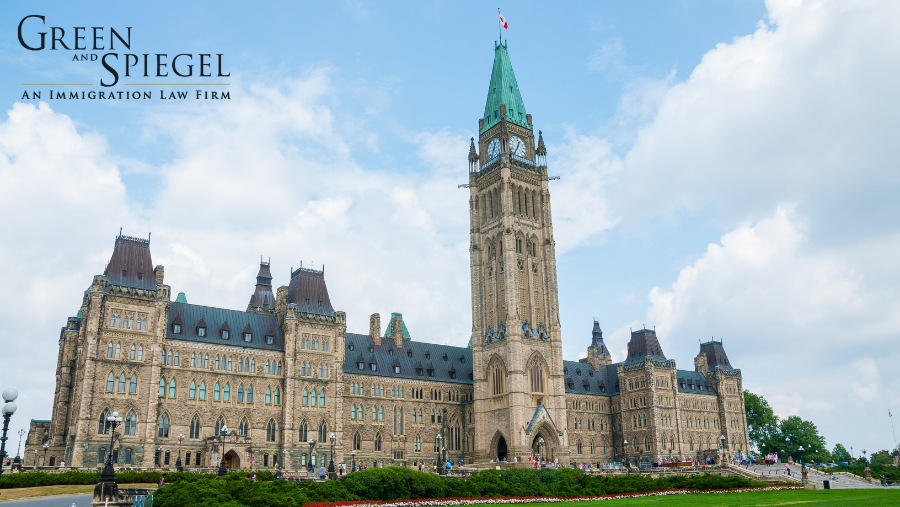In 2013, the federal government launched a pilot program designed to attract innovative and skilled entrepreneurs seeking new opportunities to Canada. Known as the Start-Up Visa Program, it became permanent in April of 2018. The program offers permanent residence to foreign entrepreneurs whose new business project is endorsed by a designated Canadian business incubator, angel investor group or venture capital fund, and who are sufficiently competent in English and/or French and have enough funds to settle in Canada.
An entrepreneurial team of up to 5 people can apply together for the Start-Up Visa. The program does not apply to those who intend to live in Quebec, which has a separate business immigration program. To qualify for the federal Start-up Visa, applicants must:
- Have the support of a designated organization, that is, a business group approved by the government to invest in or support start-ups: these groups can be angel investors, venture capital funds, or business incubators. There are currently more than 60 approved organizations. Angel investors and venture capital funds are required to invest at least $75,000 and $200,000, respectively, into the business, and business incubators must accept the applicant into its business incubator program. Each designated organization follows its own process in deciding whether to invest in or support the start-up business. In this way, the government has left it to the private sector to assess the viability of foreign entrepreneurs’ start-ups.
- Have a qualifying business: the start-up business should be incorporated and carrying on business in Canada. At the time the start-up obtains the commitment of a designated organization, each applicant must hold at least 10% of its voting shares and the applicants and the designated organization must together hold more than 50% of the total voting shares. By the time the applicants obtain permanent residence, each applicant must be “essential” to the business and providing active and ongoing management from within Canada. The designated organization decides who is essential to the business and who is not.
- Meet official language requirements: applicants must show their proficiency in one or both of Canada’s official languages by taking an approved language test and obtaining a Canadian Language Benchmark (CLB) level 5 in the areas of speaking, reading, listening, and writing.
- Have enough money to settle and live in Canada: applicants must demonstrate that they can financially support themselves and their family in Canada without relying on borrowed money, future employment in Canada, or the investment money received from designated organizations. The government sets minimum amounts, which are updated every year, based on family size.
Current processing times for applications under this program is 12-16 months. Applicants who have received their commitment certificates and letters of support from their designated organizations, and have sufficient funds to support their family may apply for a one-year work permit while they wait for the permanent residence application to be processed. These work permits may be extended on a case-by-case basis.
Immigration, Refugees and Citizenship Canada reports that during its pilot phase, 170 entrepreneurs obtained permanent residence through the program, launching over 100 companies in Canada. There is no minimum personal net worth or job creation requirement for the program. In addition, a person who obtains permanent residence through the Start-Up Visa program would not lose their status if the business later fails. As such, the program offers a viable pathway to Canadian immigration for foreign entrepreneurs willing to take risks and innovate and thereby contribute to the Canadian economy.
For more information about the Start-Up Visa program, please contact Green and Spiegel directly.





